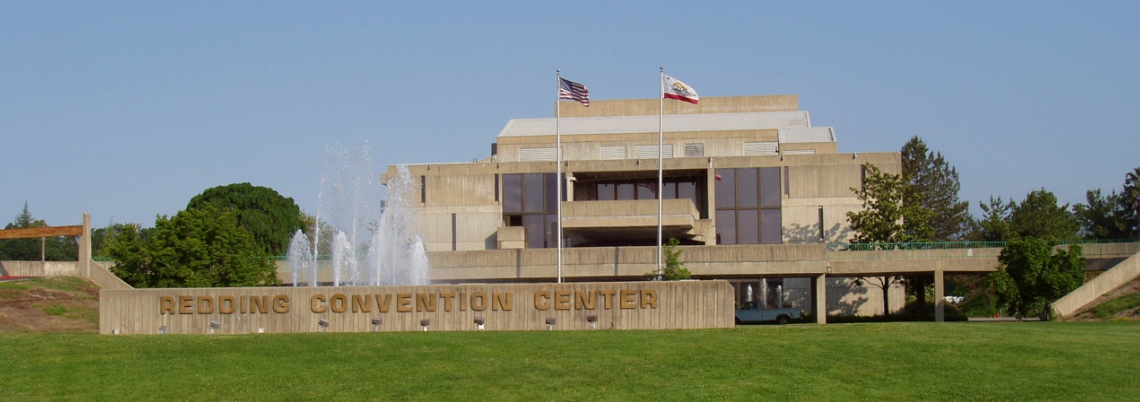I’M TIRED OF SMALL-MINDED CHRISTIANITY
It troubles me that many people who claim to be Christians live with limited, powerless, finite thinking. How is this even possible? I mean, how do people who claim to have the Creator of the Universe living inside of them, the mind of Christ thinking through them, and the Spirit of God influencing the world around them even have the nerve to think small? I’d propose that we believers don’t have permission to live with limited mindsets!
THE POWER OF THINKING BIGGER
I’ve talked about Elon Musk before on the blog but in case you missed it… one day Elon sat on the LA freeway in bumper-to-bumper traffic frustrated by “this enormous waste of time.” As he pondered his situation he began to dream of ways to solve the transportation dilemma that plagued Southern Californians seemingly forever. He began to envision a maze of hyperloop tunnels bore at various levels underneath the city of Los Angeles connecting people to their ultimate destination.
A few years later, through much red tape, near miraculous inventions and at the estimated cost of billions of dollars, Musk is now boring his first tunnels under his SpaceX parking lot. If successful, this will become a true super-highway that will literally put our cars on a roller skate and thrust us through the earth’s surface at 120 miles-per-hour! “Crazy”, you say! Well this is one of Musk’s more insignificant endeavors. Oh yeah! This guy wants to colonize Mars, (yes the planet Mars), making “humanity a multi-planetary species” by the year 2040!
“Daydreamer,” you say…well, maybe, but he has already invented and built the most powerful rocket ever created in the history of the world. And oh, by the way, the rocket is reusable! Elon Musk is rich but he doesn’t think big because he is rich; he got rich because he thinks big! Furthermore, Musk doesn’t believe in God, but he does believe in doing the impossible.
BORN-AGAIN BELIEVERS NEED TO WAKE UP!
I’m baffled by the fact that the greatest thinkers in the world, like Elon Musk, are often godless, humanist, self-centered, self-absorbed atheists! This is an open indictment against the Body of Christ. Consider the distinct advantages of born-again believers:
1. We are the temple of the Holy Spirit; consequently, the God who envisioned everything and spoke the world(s) into existence lives inside of us. (See 1 Corinthians 6:19)
2. We have access to the gift of wisdom, which is one of the nine supernatural gifts of the Holy Spirit listed in the book of 1 Corinthians. Think of it like the wisdom of King Solomon on steroids. (See 1 Corinthians 12:8.)
3. This next one is otherworldly so I’m going to camp out here a little longer! Get this, we have the mind of Christ, which means we think like God; we are His divine think tank! (1 Corinthians 2:6-16)
The Apostle Paul points out in these verses that what was a mystery to God’s Old Testament people is actually revealed to us because we think like God! Read it for yourselves, “We have received the Spirit of God who knows the mind of God.” Therefore since the same Spirit lives in us who lived/lives in Jesus we actually think like God. Do you want to know what God is thinking; what are you thinking? When you are right with God you think His thoughts! The Old Testament prophet went on to ask, “WHO HAS KNOWN THE MIND OF THE LORD…?” The great apostle Paul replied, we do! “We have the mind of Christ!”
The mind of Christ is your X-factor, your secret weapon…But to activate your heavenly advantage you must lose the compliant, religious rule keeper, black and white mindset so you can journey out into the world of mystery, miracles, and divine mayhem. We have become predictable, boring, vanilla, uninspired people. Yet our Founder is a radical fore-thinking activist, who in three short years, altered the course of human history. Jesus transformed the way the world viewed God, money, nature, religion and kingdom life etc.
4. We are a “new creation” born again into the kingdom of God. The word “new” here means “prototype” – something never before created. (See 2 Corinthians 5:17.) We are the first creatures to live on earth and in heaven simultaneously. Our head isn’t stuck in the clouds; it’s positioned in heavenly places.
5. We are endowed with “the manifold wisdom of God” by which the Lord reveals the mysteries of the kingdom “through the church to the rulers and the authorities in the heavenly places.” The Greek word translated “manifold” here means multicolored or multidimensional. Jesus has granted us multidimensional wisdom…the ability to understand challenging situations from every conceivable perspective and from every imaginable realm. (See Ephesians 3:1-10)
6. We are seated in heavenly places with Christ, which actually gives us another profound advantage. Think about it like this; Jesus said to the Apostle John “Come up here, and I will show you what must take place after these things.” (See Revelation 4:1) In other words, our heavenly seat gives us insight into the future. There are so many ramifications to our raptured status that it makes my brain explode with possibility! Maybe it’s easier to illustrate by thinking of what it would be like if we lived in 1850 and we got invited to “Come up here” for a look at the world in 2017. In this exalted position we would see televisions, computers, cars and planes etc.…a world much different than our own current condition. What an amazing advantage this would give us as business people or inventors!
Or how about if we were invited to view the future of medicine from 1810. We would see polio, smallpox, tuberculosis, leprosy, (to name a just a few), that plagued our generation completely eradicated in the future! This is isn’t a pipe dream or science fiction, this is our reality…our advantage…our right of passage.
7. Friendship with God is another game changer for us. Jesus put it like this: “No longer do I call you slaves, for the slave does not know what his master is doing; but I have called you friends, for all things that I have heard from My Father I have made known to you. (John 15:15) When we transition from slavery to friendship with God, (by keeping His commandments), we are suddenly introduced into a realm of revelation that only Jesus walked in. We have access to “all things” that were revealed to Jesus.
WE ARE NOT MERE MEN (OR WOMEN)
There are many other profound advantages that we, followers of Jesus, have over those who have yet to experience His transforming power. But it should suffice to say that the most creative, inventive, ingenious, imaginative, inspired, brilliant, resourceful, innovative, advanced ideas should be flowing from the sons and daughters of God! When the first century Corinthian church was struggling with jealousy and strife the apostle Paul rebuked them by reminding them that they were behaving like “mere men.” (See 1 Corinthians 3:3.) We are not just humans! We are alive in the Spirit, sons and daughters of the God of the universe, endowed with wisdom, commissioned with power, and given authority to make a profound difference in the world. It’s passed time that we rise to our high call in Christ Jesus and start thinking like royalty!
OWNING OUR INHERITANCE
So my challenge to you today is to wake up! Any difficulty that may come your way, take a minute to stop and remember the true advantages you have as a believer and then ACT LIKE IT. Some of you may even be wondering what your next step in life, in your career, in your business should be, and I want to encourage you to remember where you sit in this life—in heavenly places. I bless you with a revelation of the solutions, creativity and wisdom you inherently carry in Jesus name! How do you walk in these truths? I’d love to hear your thoughts in the comments!




